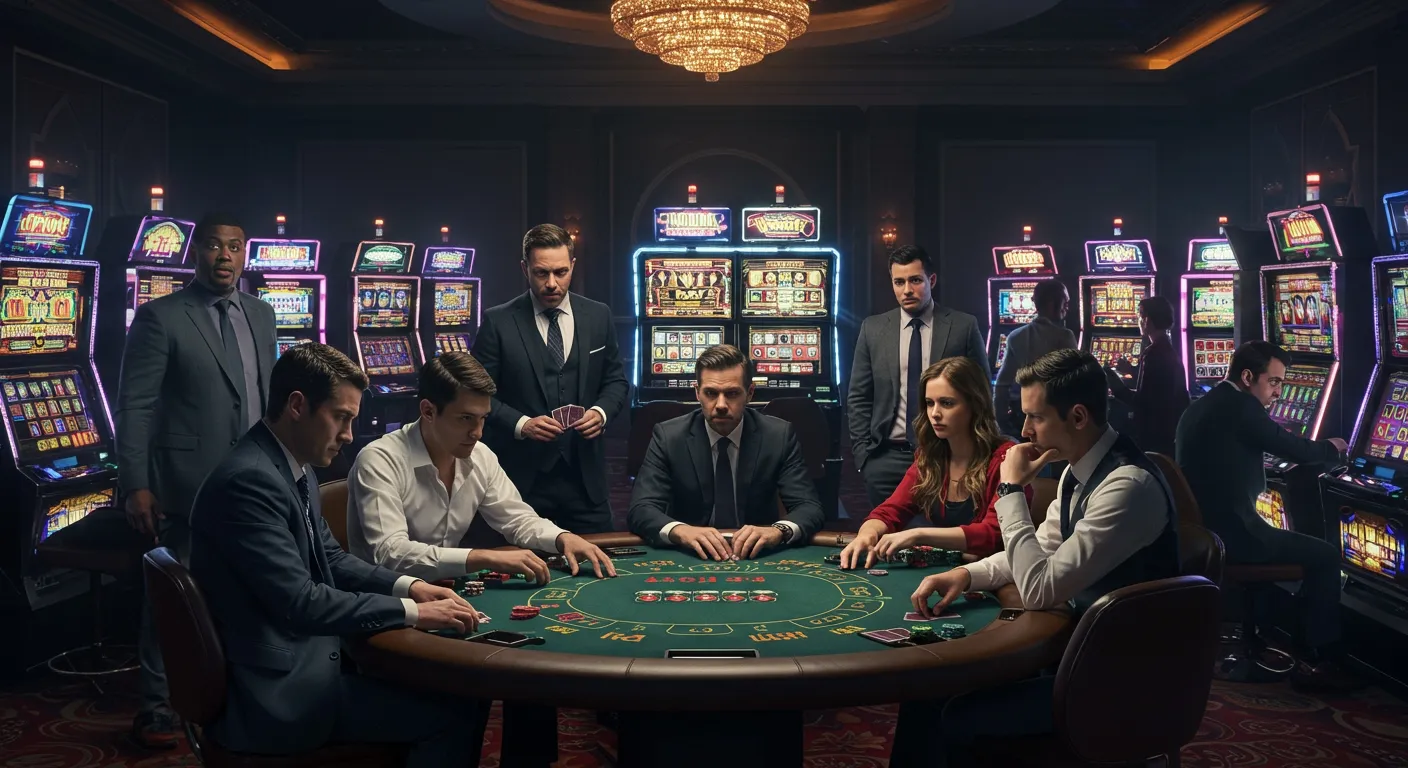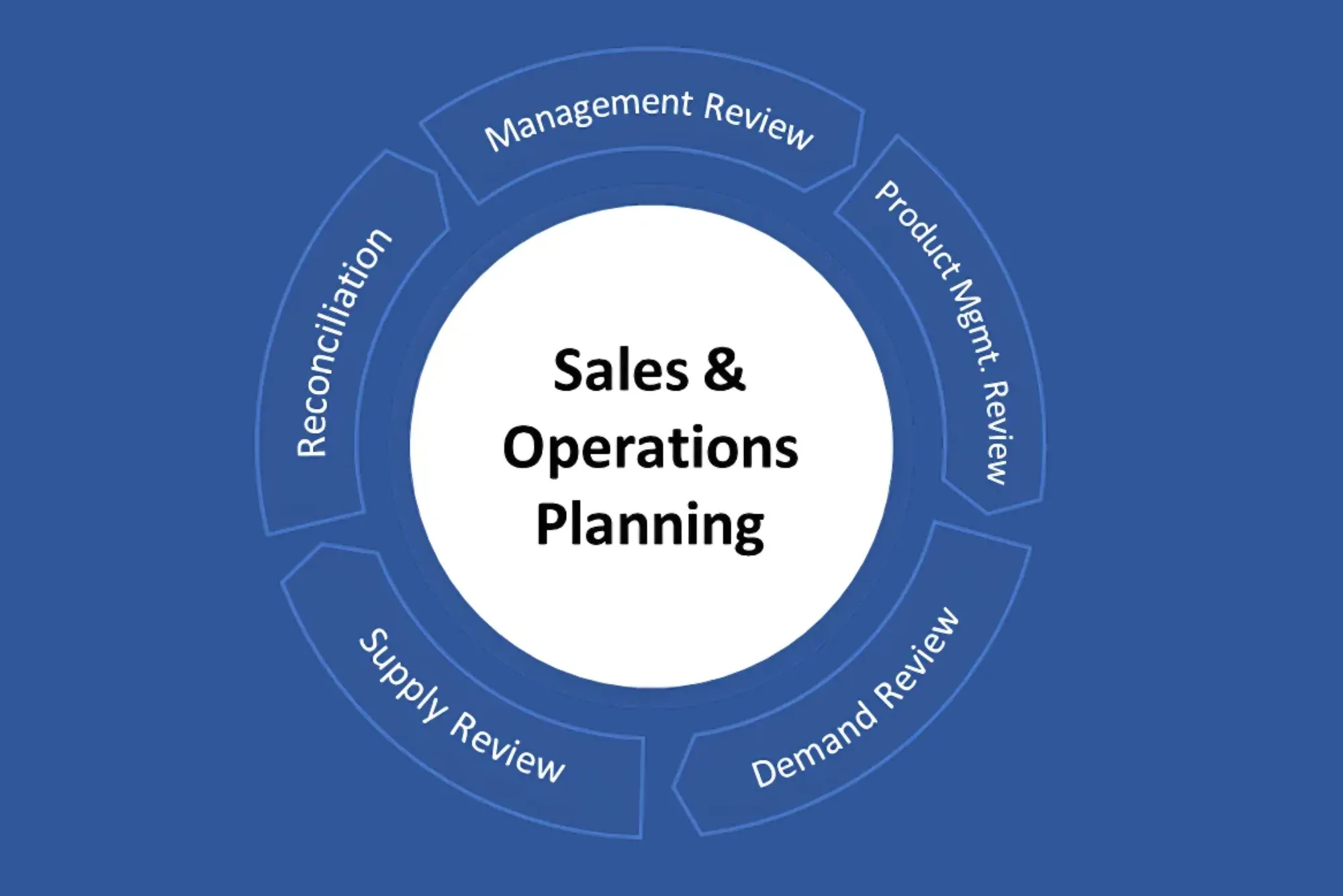Every gambler knows the feeling — that rush of adrenaline when the roulette wheel spins or the cards flip on the table. For some, it’s entertainment; for others, it’s an irresistible pull. But what really drives people to take risks in gambling, even when the odds are often stacked against them?
Understanding this question isn’t just about psychology — it’s about human nature itself. Whether you’re playing at your local casino, betting online, or exploring modern gambling sites uk, the motivation to risk money for uncertain rewards is deeply tied to emotion, brain chemistry, and the thrill of possibility.
As someone who has observed and studied gambling behavior for years, I can tell you that people don’t gamble purely for money. They gamble for excitement, control, escape, and sometimes even identity. Let’s explore why these risks hold such an enduring appeal.
The Thrill of Uncertainty
At its core, gambling is built around uncertainty — the unpredictable nature of outcomes. The human brain is wired to find unpredictability exciting. When we don’t know what’s going to happen next, our reward system activates, flooding the brain with dopamine — the same neurotransmitter that spikes during moments of pleasure and anticipation.
This chemical reaction can make gambling feel euphoric, even before any real reward appears. That “near miss” feeling, when a slot machine almost lands on the jackpot symbol, triggers a dopamine response nearly as strong as an actual win. That’s why players often describe gambling as “thrilling” or “addictive” — the brain literally gets hooked on the anticipation.
Interestingly, it’s not just about winning; it’s about almost winning. Psychologically, the near-miss effect encourages players to keep going, convinced they’re getting closer to success. That’s what keeps them spinning the reels or placing just one more bet.
The Illusion of Control
Another major factor that drives people to take gambling risks is the illusion of control. Humans like to believe they can influence outcomes, even when those outcomes are completely random.
Take poker or blackjack, for example — games that blend skill and chance. Players often believe their strategies can tilt the odds in their favor. Even in games of pure luck, like roulette or slots, players develop rituals or “lucky numbers” they swear by. These actions give a comforting sense of agency, even though the results are purely mathematical.
The illusion of control can be empowering, but it can also be misleading. People who feel they’re “due for a win” or can “read the machine” are essentially convincing themselves that chance obeys personal logic. It’s a form of cognitive bias — one that gambling companies understand all too well.
The Social Element of Gambling
Gambling isn’t just about money; it’s also about connection. In many settings, it’s a social activity. Whether it’s friends betting on a football match, colleagues visiting a casino after work, or strangers bonding at an online poker table, gambling creates shared experiences and emotional highs that strengthen social bonds.
The online gambling world has amplified this even more. Modern sites offer chat rooms, multiplayer tournaments, and community features that mimic real-life social environments. Players aren’t just competing — they’re interacting, celebrating wins, and sympathizing with losses together.
For some, especially those who feel isolated in everyday life, online gambling becomes a digital community where they can belong and participate. The risk, in this case, becomes part of a shared adventure rather than a solitary act.
Escapism and Emotional Relief
It’s impossible to talk about gambling risks without acknowledging the emotional aspect. Many people gamble as a form of escape — a way to forget about stress, financial struggles, or emotional pain. The immersive nature of casino games, flashing lights, and digital sounds provides temporary relief from reality.
This is particularly true in times of economic uncertainty or personal difficulty. When life feels out of control, gambling offers a short-lived sense of structure: clear rules, immediate feedback, and the tantalizing hope of a quick fix. Unfortunately, this same escapism can make gambling risky when it becomes habitual or compulsive.
The psychological loop of stress → gambling → temporary relief → renewed stress is what fuels problem gambling for many individuals. Understanding this cycle is the first step toward breaking it.
The Cognitive Biases Behind Risk-Taking
Gamblers often rely on cognitive shortcuts — mental habits that distort rational decision-making. One of the most common is the “gambler’s fallacy”, the belief that past events influence future outcomes in random systems. For example, thinking that a roulette wheel “must” land on red after several blacks in a row.
Another bias is loss chasing — trying to win back money after a losing streak. This can quickly spiral out of control as the player becomes emotionally invested in recovering what’s lost, rather than stopping logically.
There’s also optimism bias, where players overestimate their chances of winning, and confirmation bias, where they remember wins vividly but downplay or forget losses. All of these mental traps make gambling feel more rewarding and less risky than it actually is.
The Evolutionary Side of Risk
From an evolutionary standpoint, humans have always taken risks. Our ancestors hunted, explored, and competed — all risky activities, but ones essential for survival. Those willing to take calculated risks often gained greater rewards. That same instinct persists today, though the environment has changed.
In modern society, gambling provides a safe, artificial arena for that risk-taking impulse. The brain interprets the gamble as a challenge, and winning feels like a victory over uncertainty. It’s a way to test one’s luck, skill, or fate — emotions deeply rooted in human nature.
The Role of Modern Gambling Platforms
Technology has transformed the way we gamble. Online casinos, sports betting apps, and live dealer games have made gambling accessible to anyone with an internet connection. The convenience and constant availability amplify risk-taking behavior — it’s possible to place a bet anytime, anywhere.
Platforms, especially in regions like the UK, now offer advanced user interfaces, fast payment systems, and personalized promotions that encourage continuous engagement. These gambling sites uk platforms often combine entertainment with gamified features — loyalty points, levels, and achievements — which blur the line between gaming and gambling.
While these innovations make gambling more engaging, they also make it easier to lose track of time and money. Players are advised to use deposit limits, self-exclusion tools, and moderation reminders provided by responsible operators. Regulation and awareness remain critical in this evolving digital gambling landscape.
Personality and Risk Preference
Not everyone takes gambling risks the same way. Research suggests that people with high sensation-seeking traits — those who crave excitement and novelty — are more likely to enjoy gambling. Others may be driven by competitiveness or the desire to prove themselves.
Age, culture, and background also play roles. Younger players often seek stimulation and social approval, while older ones may gamble for relaxation or routine. Each person’s motivation is different, but the common thread is emotional engagement. Gambling satisfies psychological needs that go far beyond financial gain.
Responsible Risk and Real Awareness
Taking risks in gambling isn’t inherently bad. In moderation, it can be a fun, controlled form of entertainment — like going to a concert, buying a lottery ticket, or investing in a hobby. The key difference lies in awareness and limits.
Responsible gambling means understanding the odds, knowing when to stop, and treating it as recreation, not income. Many online platforms now provide helpful tools for self-monitoring and support, including deposit caps, time-out options, and self-exclusion programs. Players should see these not as restrictions, but as safeguards for maintaining balance.
Final Thoughts: The Human Need for Risk
So, why do people take risks in gambling? Because risk is a part of who we are. It’s woven into our psychology, emotions, and even evolution. The excitement of uncertainty, the illusion of control, the social connection, and the emotional escape — all contribute to the enduring power of gambling.
However, understanding these motivations is the first step to staying in control. When you recognize why you’re taking risks, you can manage them better. Gambling can remain a thrilling experience without becoming a harmful one — but only if the player stays aware, informed, and balanced.
In the end, it’s not the risk itself that’s dangerous — it’s the loss of perspective. Knowing when to walk away is the greatest win of all.











